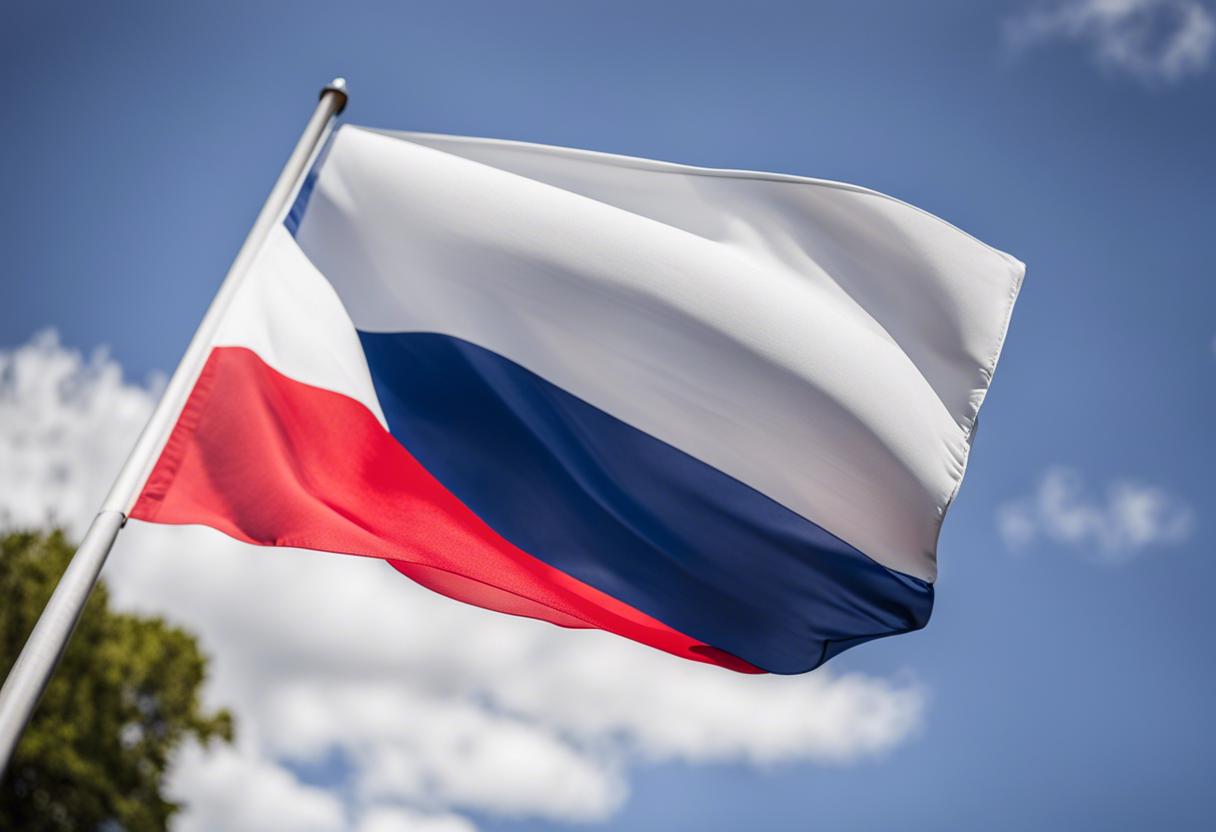Marine Le Pen, leader of France’s far-right, is optimistic that her party will secure a majority in the parliament, form a government and possibly constrain President Emmanuel Macron’s capacity to back Ukraine, as she stated shortly before voting commences.
Despite the scheduled legislative election set for June 30th and July 7th, Macron will retain his presidency. The election, which he arranged following Marine Le Pen’s National Rally (RN) defeating his centrist alliance in the European elections, may lead to a power-sharing arrangement with his opposition.
Le Pen indicated in an interview with a regional newspaper, Le Telegramme de Brest, that Macron may not have the freedom to handpick the prime minister. Jordan Bardella, selected by her party for the government’s head role, will be backed by a mandate from the people of France.
It is persistently portrayed in opinion polls that the RN, a party staunchly against immigration and Eurosceptic, is leading with a significant share of the public vote. The left-wing coalition trails in second place while Macron’s centrists stand in third. The uncertainty, however, revolves around whether RN can secure an absolute majority of at least 289 seats in the National Assembly. The latest poll by Ifop, released on Wednesday, predicted the party and its allies to fall short, with a projection of 220 to 260 seats.
Jean-Noel Barrot, the deputy foreign minister, criticised Marine Le Pen’s presumptuous attitude, expressing his disbelief over her claim that the RN will definitely win the election, on the TV channel TF1 on Thursday.
Even though Macron’s term lasts until 2027 and he cannot be expelled, France has seen three instances of ‘cohabitation’ in its postwar history, where the president and the government belonged to rival political camps.
Le Pen forecasted Macron may struggle under such conditions, even suggesting he may decide to step down early.
Despite the outcome of the election, Macron has reiterated his commitment to remaining president until 2027.
The French constitution generally provides vast leeway to the president on matters of foreign policy and defence during cohabitation. However, the prime minister and the government primarily handle domestic affairs including economic policy. Le Pen hinted at the possibility of Mr Bardella, in his potential role as prime minister, being able to curtail Mr Macron’s capacity to act.
Being the commander-in-chief is observed by the president as a prestigious role, yet it’s actually the premier who controls the fiscal policy, according to an insider. She highlighted that Jordan does not plan to trigger hostilities with Macron, yet he has firmly set the boundaries, especially concerning Ukraine where it’s not within his power to deploy forces.
Sébastien Lecornu, the Defence Secretary, responded sharply to allegations from the RN of continuously shifting their position on Ukraine, to the point of self-contradiction. In a post on X, he refuted, “The constitution is not merely symbolic” and recalled a 1962 speech by then president Charles de Gaulle on the broad powers of the Presidency.
In previous months, Macron ignited a diplomatic dispute when he suggested that Western countries should not discount the option of military support for Ukraine in its conflict with Russian aggressors. His claim was met with responses from the United States and crucial European allies, who stated they had no intention to deploy infantry to Ukraine.
Historically, the RN was viewed as a party too divisive to obtain authority due to its pronounced anti-migrant approach perpetuating racism, coupled with a track record of anti-Semitic remarks. However, in recent years, Le Pen and Bardella have reworked the party, and now present it as a defender of the working class, advocating policies such as reducing the age of retirement. They, however, have eased some of their more expensive suggestions to appease fears over their economic proficiency.

